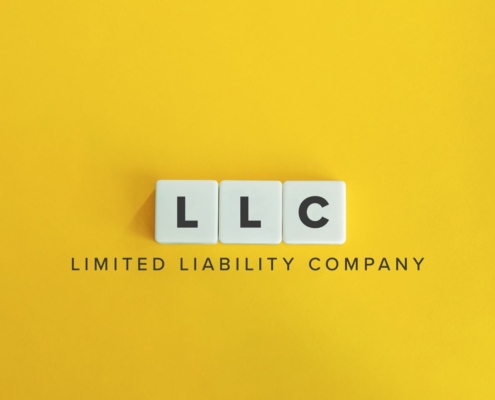1. What is Inc. and Corp?
Inc. is the abbreviation for incorporation, while Corp. is the abbreviation for corporation. Both of these abbreviations are used by entities that have been incorporated.
So, what is Inc.? Inc. is merely the abbreviation for incorporated. Incorporation refers to the process of forming a corporation. A corporation may also be referred to as an incorporated company, which is an entity that is legally separate from its owners or founders. Incorporation (being incorporated) protects the individual founders or owners from liability. As a legal entity of its own, a corporation is liable for its own debts and taxes. A corporation is also able to sell stocks and pax taxes.
2. Should I Use Inc. or Corp.?
Either abbreviation can be used in the name used to register your business. Practically speaking, there is no difference between Inc. and Corp. when it comes to legal structure, limited liability, taxes, and compliance. That said, both abbreviations cannot be used at the same time. For instance, there cannot be Ekaterina’s Fine Jewelry Inc. Corp. This would not make any sense. A business also needs to be consistent with using one abbreviation. This means that the abbreviations are not interchangeable. If Ekaterina decides on using Inc., then she must stick with using “Inc.”
3. Do I need to Include Inc in My Logo and Stationary?
In most states, corporations are required to have a corporate abbreviation attached to their name to indicate their incorporated status. Examples of these designations are “Inc.,” “Corp.,” and “Co.”
Once a company registers its name using Inc. or Corp., these abbreviations must be used in all legal paperwork. The abbreviation may be a small detail, but it is important. It indicates that the business is its own legal entity with privileges and liabilities distinct from its owners.
4. Can Inc own property and file lawsuits?
As its own entity, a corporation can file lawsuits, be sued, conduct business, and own property. A business does receive legal protections upon incorporation which help it receive funding.
5. What are company shareholders?
Company stocks shares may be defined as ownership interests. Shares may be granted, sold, or inherited.
Shareholders do not risk losing personal assets by investing in a company. Their liability is limited courtesy of the fact that the company is a corporation.
6. Who controls an Inc.?
The shareholders are responsible for electing a board of directors, and this board is in charge of managing the corporation and monitoring its operation. Directors and officers can purchase shares in the company.
7. Who needs to file an article of incorporation?
State law regulates the forming of corporations. In order to form a corporation (Inc.), it is necessary to complete and file Articles of Incorporation with the Secretary of State in the relevant state where the company is located. Articles of Incorporation may also be referred to as the company’s charter. This document must include the following:
- The name of the corporation, which needs to be unique and not misleading in nature
- The address of the corporation’s main office
- The life span of the corporation (can be indefinite)
- A description of the corporation’s business activities
Once these Articles are filed with the relevant Secretary of State, the corporation is “born,” unless it is planned to be started at a later date.
Corporations tend to be complex and expensive to manage, so the U.S. Small Business Administration recommends that small businesses not incorporate until they become sufficiently large and capable of handling the costs and difficulty.















